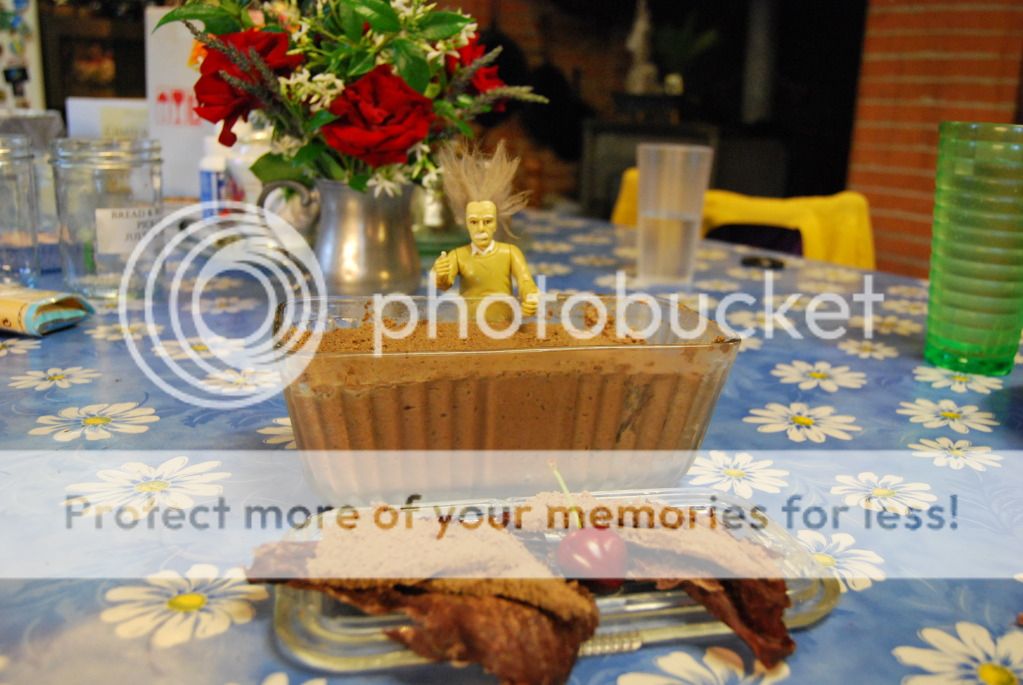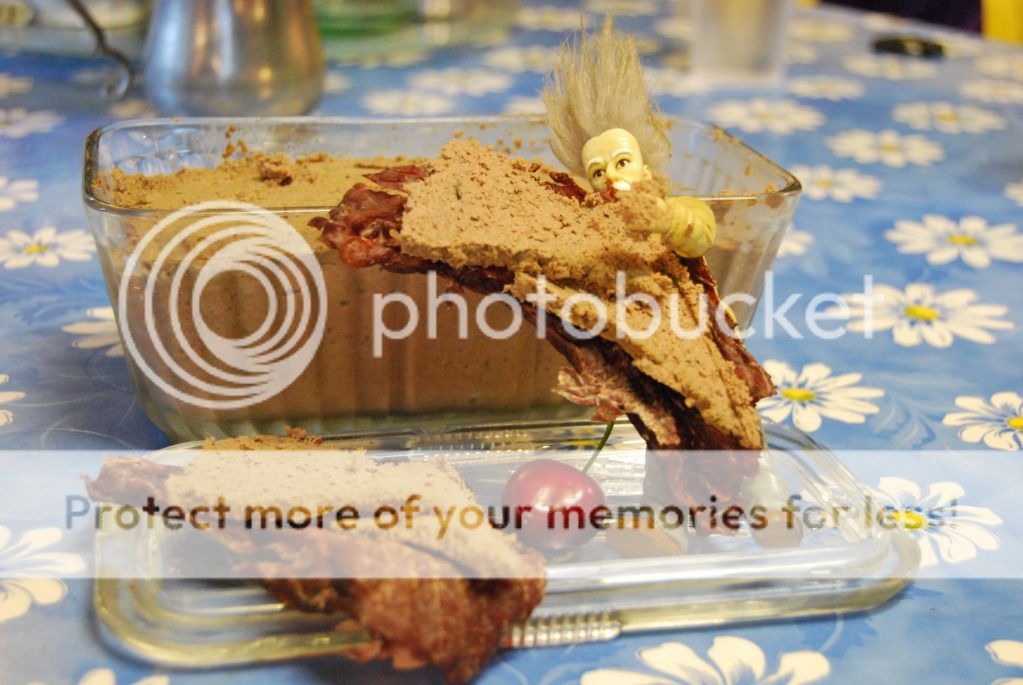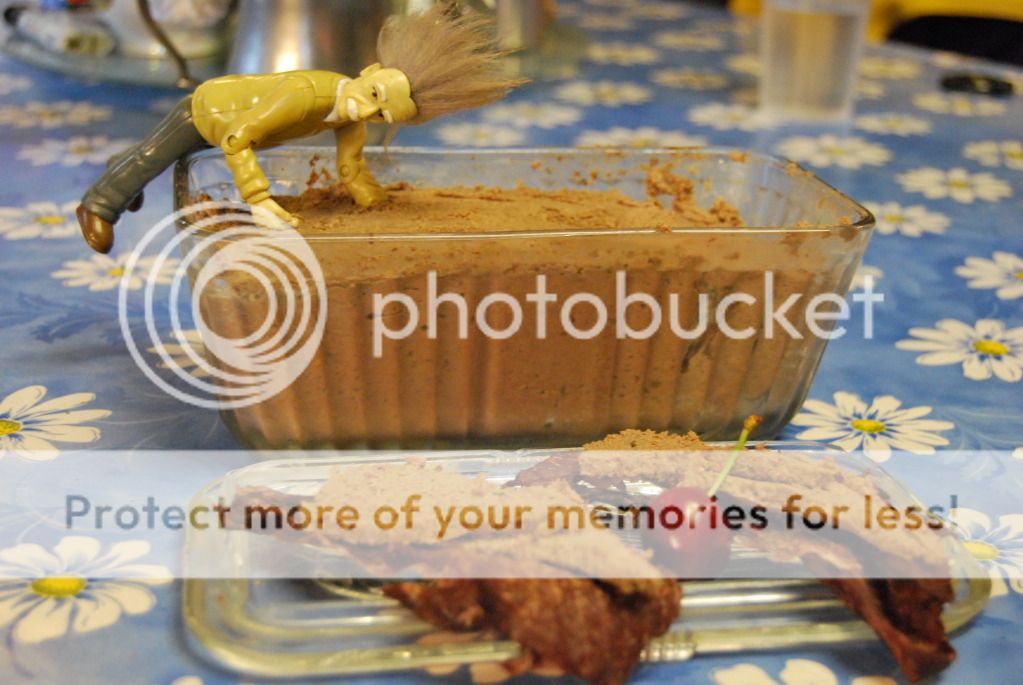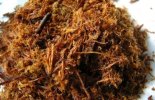You are using an out of date browser. It may not display this or other websites correctly.
You should upgrade or use an alternative browser.
You should upgrade or use an alternative browser.
Spanish meeting on pemmican and canned food on October 3rd/Reunión en español sobre "pemmican" y comida en conserva este 3 de octubre
- Thread starter OrangeScorpion
- Start date
Se puede entrar con el mismo ID..a la reunión otra vez ?
Prueba con esto:
Meeting ID: 8458742285
Passcode: RHU2cTFmdFlHY2x4b0JHNC9RalY2Zz09
If you want, I can explain how to make pemmican during our next meeting in french.
Yes, yes, it would be very much appreciated.

Dave_P
Jedi Master
Very good and interesting class today (i promise to behave better as a student  ). Thanks @hesperides , especially for your patience!
). Thanks @hesperides , especially for your patience!
I was wondering, just an idea, to have some kind of cooking class? For example, making escaveche or even sweet and sour pickles would only take a few minutes (in fact, pickles only take 10 minutes). I could offer to do something like that, or even make some fermented preserves (i have experience in this matter from the mead business) for example i could make chukrut.
 ). Thanks @hesperides , especially for your patience!
). Thanks @hesperides , especially for your patience!I was wondering, just an idea, to have some kind of cooking class? For example, making escaveche or even sweet and sour pickles would only take a few minutes (in fact, pickles only take 10 minutes). I could offer to do something like that, or even make some fermented preserves (i have experience in this matter from the mead business) for example i could make chukrut.
Thanks for the meeting!, it was very interesting, thanks hesperides for the explanation about pemmican , although I had never heard of it, it gave me a lot to think about, and trying it.
That's a great idea!Very good and interesting class today (i promise to behave better as a student). Thanks @hesperides , especially for your patience!
I was wondering, just an idea, to have some kind of cooking class? For example, making escaveche or even sweet and sour pickles would only take a few minutes (in fact, pickles only take 10 minutes). I could offer to do something like that, or even make some fermented preserves (i have experience in this matter from the mead business) for example i could make chukrut.
Perhaps the way it could be done is, someone selects a recipe and posts about it so that everyone can get the ingredients ahead of the class... then a cooking date is set up, and we can all gather around to cook together, following someone's instructions.
Of course some meals will not be as easy or simple to achieve, or even a good idea to cook wile on a meeting. But some simple things, could make lonely cooking fun.
On another note, give me a few days to get the videos set up and I will post them here.
Thank you Hesperides for your class, was really fun to learn about this technique old as matusalem. It is fun to learn together, it makes the situation of preparing for the Apocalypse less hard. And permit to answer some questions that some of us, specially me, are babies in this sense. Thank you again for your patience and your knowledge!
Great! In addition to serving as a long time preserved food, It also helps some people with digestive issues, having in mind that in the process of fermentation some antinutrients like phytates and lectins are effectively degraded.For example, making escaveche or even sweet and sour pickles would only take a few minutes (in fact, pickles only take 10 minutes). I could offer to do something like that, or even make some fermented preserves (i have experience in this matter from the mead business) for example i could make chukrut.
Thank you Hesperides for your class, and your patience :)
Very good and interesting class today (i promise to behave better as a student). Thanks @hesperides , especially for your patience!
I was wondering, just an idea, to have some kind of cooking class? For example, making escaveche or even sweet and sour pickles would only take a few minutes (in fact, pickles only take 10 minutes). I could offer to do something like that, or even make some fermented preserves (i have experience in this matter from the mead business) for example i could make chukrut.
The initial idea was to deal with other types of canned food, not just pemmican, but pemmican took up all our time. I also vote for another tutorial to deal with other techniques we know to preserve food.
I am with you Orange. I support your vote. To be together and talk about canning, for example, is like to be in a kitchen and listen to our grand-mothers talk about food and how to deal with. What I mean is that those who have experience with canning (this is just one example) are like our grand-mothers in the kitchen. And there is so many doubts that we can share together and experiences and learning is then... fun.The initial idea was to deal with other types of canned food, not just pemmican, but pemmican took up all our time. I also vote for another tutorial to deal with other techniques we know to preserve food.
Dave_P
Jedi Master
I also agree that we continue this project addressing different techniques, advice and experiences of others.
On the other hand, i would like to share a pdf with you since i realized that when dealing with these issues, many times we forget this "little great detail" which is hygiene.
Here in Argentina, as i suppose in many other countries, to be able to elaborate and commercialize packaged products, it is necessary to have a bromatological certificate, which explains how to handle food in the best way taking into account things that sometimes we take for granted, for example cross contamination, bacteriological diseases, recommended temperatures to eliminate them, etc, etc.
For my part, i have the certificate at the national level, and if you agree, i can share it in PDF format (obviously in Spanish). it is issued by the Argentine government, so it is likely that there are some things that vary from country to country, but in my opinion it would not hurt to keep an eye on it.
If you agree, let me know and I'll share it.
On the other hand, i would like to share a pdf with you since i realized that when dealing with these issues, many times we forget this "little great detail" which is hygiene.
Here in Argentina, as i suppose in many other countries, to be able to elaborate and commercialize packaged products, it is necessary to have a bromatological certificate, which explains how to handle food in the best way taking into account things that sometimes we take for granted, for example cross contamination, bacteriological diseases, recommended temperatures to eliminate them, etc, etc.
For my part, i have the certificate at the national level, and if you agree, i can share it in PDF format (obviously in Spanish). it is issued by the Argentine government, so it is likely that there are some things that vary from country to country, but in my opinion it would not hurt to keep an eye on it.
If you agree, let me know and I'll share it.
That was such a nice meeting, thank you all of you for upgrading my membership to that of a chef. Next time I'll make sure I wear the toque, and I won't mind if Dave-P wants wearing one too  .
.
I also want to remind you of the idea to make liver pate, as Chu explained hereafter on the forum on Oct. 2012. Then we can spread it on the dehydrated red meat crackers, -I swear it't fit for the most demanding gourmets!- . As these follow the same protocol as the dehydrated meat we`ve been discussing yesterday, and seeing all the benefits of the liver btw, I thought it might well be the next natural step in our twilight kitchen zone. What do you think?
 .
.I also want to remind you of the idea to make liver pate, as Chu explained hereafter on the forum on Oct. 2012. Then we can spread it on the dehydrated red meat crackers, -I swear it't fit for the most demanding gourmets!- . As these follow the same protocol as the dehydrated meat we`ve been discussing yesterday, and seeing all the benefits of the liver btw, I thought it might well be the next natural step in our twilight kitchen zone. What do you think?
om Laura reminded me to share how we eat liver around here. Recently we started making our own "Paleo paté", with very few ingredients and lots of fat. It is really cheap if you make it with porc liver (veal liver is super expensive here in France), and it has become one of our favorite Paleo snacks. You can make a big batch and process it, so that you have cans for future consumption as well.
Here's the recipe:
Ingredients:
1 porc(veal) liver (or a mixture of liver, chest and throat - we get it from the butcher, already ground, and it's super cheap)
10 slices of smoked bacon
2 cups lard
1 tbs salt
1 tsp pepper
A pinch of ground nutmeg
1 tsp thym
1tsp dried garlic
1 tsp dried onion
(you can modify the quantity of spices according to your personal taste)
Instructions:
1. If you have only liver, cut it into small pieces and let it marinade in vinegar, olive oil and salt for at least 1 hour. Rince. (This is in order to soften the liver and make your paté have a more creamy consistency)
If you have a mix of liver, throat and chest, ignore this step. The mix is better if you don't like how liver tastes. But both are yummy if you do!
2. Pour the lard into a big pot, and add the liver or mix. Add the slices of bacon. Cook at low temperature for about 1 hour. Let if cool down.
3. Mix in a food processor until you have a paste, or a bit less if you prefer your liver to have solid pieces of meat. Add the spices to the paste. Taste and make adjustments with your spices according on your personal taste.
4. Refrigerate, or process for storage (all tips about the latter are posted in the Preparedness thread.
Here are a few pictures of our paté. Einstein lives in our kitchen, and likes to find himself new places to hang around at all the time. When we made the paté, he just couldn't resit it. ;)
Here he is congratulating us for the result:

Here he is tasting our dehydrated meat crackers with paté:

and here is when he just went crazy and decided to test gravity in the paté (or that's what he said):

Trending content
-
Thread 'Coronavirus Pandemic: Apocalypse Now! Or exaggerated scare story?'
- wanderingthomas
Replies: 30K -
-
-

